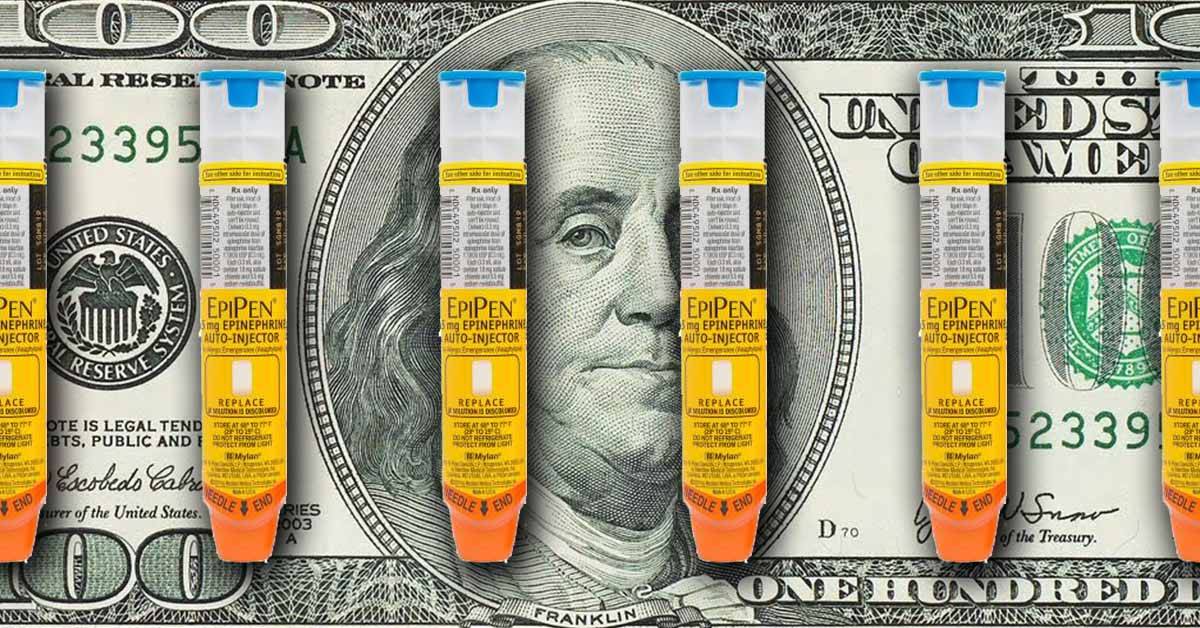Pfizer agreed to a $50 million settlement to resolve a class-action antitrust lawsuit initiated in 2020 that alleged the company and partner Mylan conspired with Teva to delay the introduction of a generic version of EpiPen.
The plaintiffs claimed Mylan had struck a deal with Teva to delay the introduction of a generic version of Teva’s branded drug in exchange for Teva delaying a generic version of EpiPen. The result was direct purchasers paid more than if Teva’s generic epinephrine auto-injector had entered the market.
This settlement follows an agreement in 2021 in which Pfizer agreed to a $345 million payment to settle an antitrust suit initiated in 2017 by indirect purchasers such as insurers, consumers, and pension funds. That suit also alleged anti-competitive actions regarding EpiPen.
Mylan, now a subsidiary of Viatris, agreed in 2017 to a $465 million settlement to resolve claims that it had overcharged Medicaid for EpiPen by falsely classifying the device as a generic. In March of the following year, Viatris paid $264 million to settle a class-action suit brought by consumers and third-party payers who alleged antitrust behavior related to EpiPen.
Who are the winners? Not you.
Mylan, Pfizer, and Teva paid out just a fraction of the gains they made as a result of their anti-competitive behavior, and law firms typically keep one-third of the judgments they win.
As usual, the allergic community bore the brunt of the EpiPen shenanigans. The question is, how many people died or were seriously injured over the period because they couldn’t afford epinephrine auto-injectors when anaphylaxis struck?





